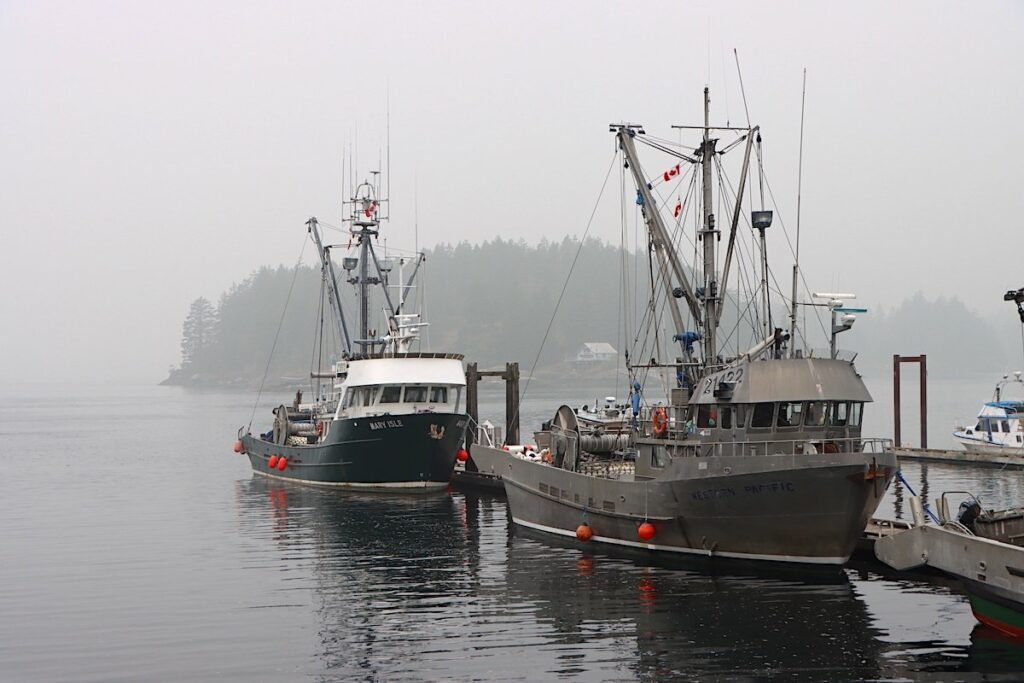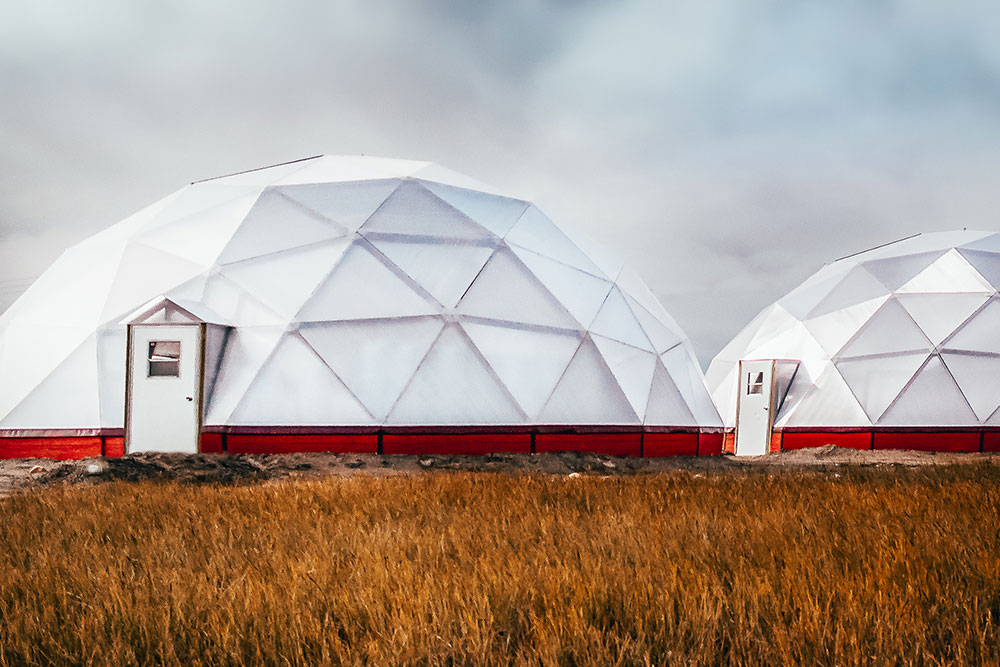

Across Canada, over 28% of Indigenous households face food insecurity, which is far greater than the overall population average of 13%. In remote communities of the North, the rate is even higher.
Issues around food security are complex and are tied to a myriad of factors including socioeconomic inequity, government social policy, and lack of access to healthy, affordable food. However, within Indigenous communities there is also an added layer of a decline in access to traditional foods. This is linked heavily to the loss of knowledge, a direct consequence of centuries of systemic oppression and policies enacting cultural erasure.
Fishing livelihoods are among those traditions that continue to be threatened. Further pressure compounds on these traditional ways of knowing as climate change looms as an ever-present, existential threat.
Indigenous-led, sustainable aquaculture, operated in conjunction with wild fisheries, can be a potential solution to mitigate food insecurity, further food sovereignty and population health, and facilitate healthy ecosystems. Seafood has always been and continues to be a primary protein source for billions around the world, and this is especially true for coastal and near-lake communities in Canada.
Aquaculture currently supplies over half of the world’s seafood as it is a practical and necessary supplement to wild fisheries, the majority of which are fished at or over their capacities. In some instances, aquaculture can even be used as a tool to help surrounding ecosystems flourish - such as bivalve shellfish and kelp farming. These types of farms have substantial ecosystem services such as filtering the surrounding water by removing the excess nutrients and providing habitat to other creatures.

For disadvantaged communities, it can increase supply of healthy protein sources, reduce prices, and strengthen income and food access. Aquaculture operations within a community bolster economic activity by providing jobs and creating access to markets. It can also further strengthen food security by providing a stable source of nutrition, as it can mitigate against external environmental factors that impact wild fisheries negatively.

Aquaculture is not a new phenomenon – fish cultivation has been around for thousands of years throughout the world and in Canada, Indigenous communities in British Columbia have historically built clam gardens for clam production. Today, we can incorporate traditional ecological knowledge into modern aquaculture practices to ensure sustainable food security. In some areas, aquaculture can also be used for fisheries enhancement to help rehabilitate or maintain fish stocks to ensure that traditional wild fishing practices can continue to live on. By operating aquaculture facilities with community-oriented leadership it can also bring a sense of ownership and sovereignty over food production to local people, something that is currently lacking in many communities.

Presently, there is already much Indigenous involvement in aquaculture operations in Canada. In Ontario, over 75% of rainbow trout net-pen operations are grown in partnership with Indigenous communities. There is potential for this trend to grow. Even in areas where there is little access to water, farms can thrive using recirculating aquaculture technology. This innovative form of land-based fish farming recycles 99% of the water in the system, and is on the forefront of sustainable aquaculture as it has minimal impact on its surrounding environment compared to other methods of farming.

As such, sustainable aquaculture has the potential to alleviate food insecurity in communities across the country, along with the factors that are tied to it. It drives community well-being, self-sufficiency, and resiliency. It has the capability to drive economic growth while ensuring that the benefits of this growth are realized within the community itself. And when done right, it can ensure the continued health of the surrounding ecosystem and help traditional ecological knowledge thrive. As more and more aquaculture projects crop up, there is hope to see it become a cornerstone to ensuring food security across the nation.
About the Author:
Judy Song is a passionate advocate for sustainability in the seafood industry. As part of Ocean Wise's Fisheries and Seafood team, she helps businesses across the seafood supply chain realize their sustainability goals. With an HBA from Ivey Business School, she worked on various pro bono projects aiding Indigenous and non-profit organizations in sustainability and conservation. Post-graduation, Judy headed product launches and promotional campaigns in the telecommunications sector, bridging customer needs and product growth opportunities. This led Judy to build strong marketing skillsets centred around data-based decision-making and personalized engagement. However, Judy's true calling was sustainable development! Judy now focuses on community-based aquaculture and environmental education projects. She is dedicated to bringing positive change across the seafood sector, ensuring healthy and flourishing oceans for the next generations.
Do you have a story on environment and food security? We would love to hear from you. Email us at info@greeniglu.com.








